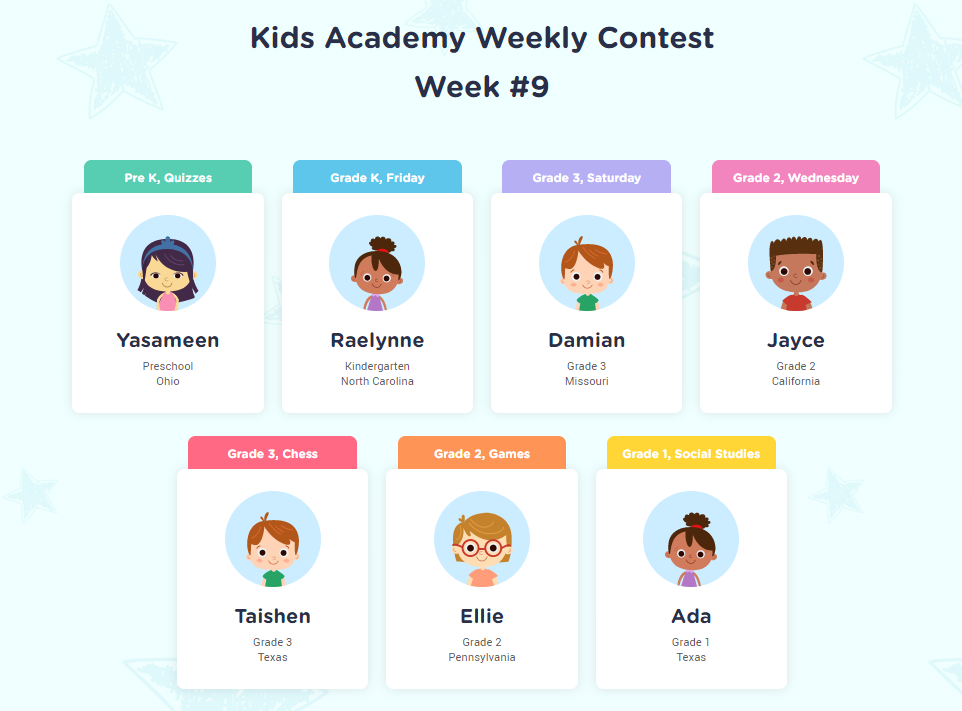Sequencing Skills Normal Reading Worksheets for Ages 4-6
4 filtered results
-
From - To
Boost your child’s reading and critical thinking abilities with our Sequencing Skills Normal Reading Worksheets, tailored specifically for ages 4-6. Designed to enhance comprehension and order recognition, these engaging worksheets help young learners grasp the concept of sequence through fun and interactive activities. Perfect for preschoolers and early grade students, our worksheets assist in developing narrative skills, improving logical thinking, and building a strong foundation for future reading success. Made with colorful illustrations and age-appropriate content, these tools make learning enjoyable, ensuring your child remains motivated and confident on their educational journey.
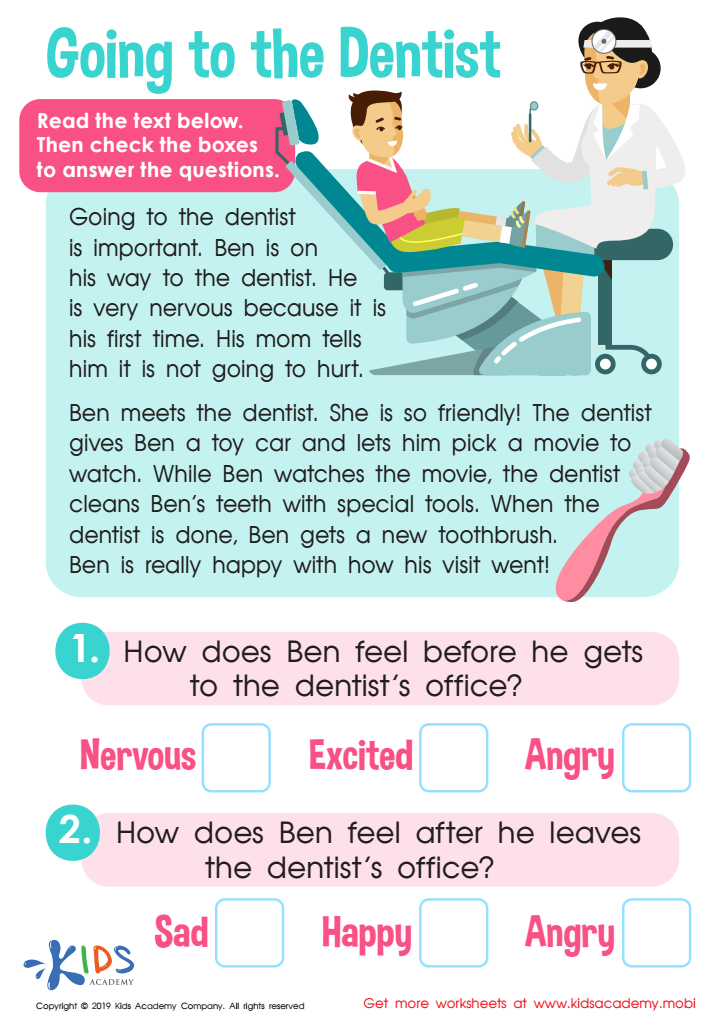

Going to the Dentist Worksheet
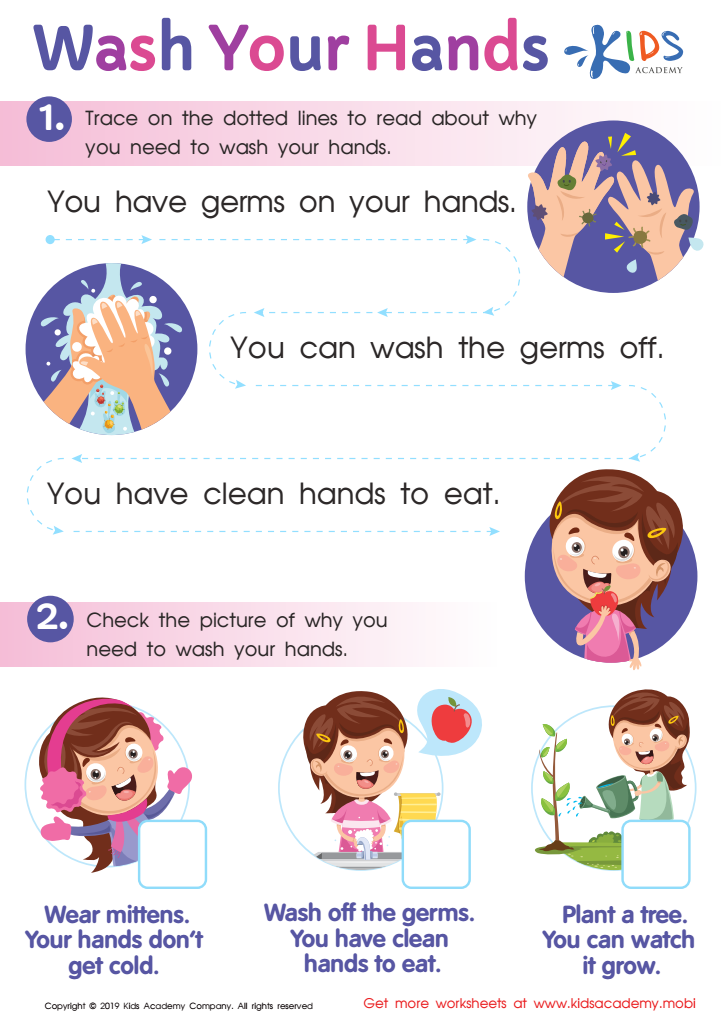

Wash Your Hands Worksheet
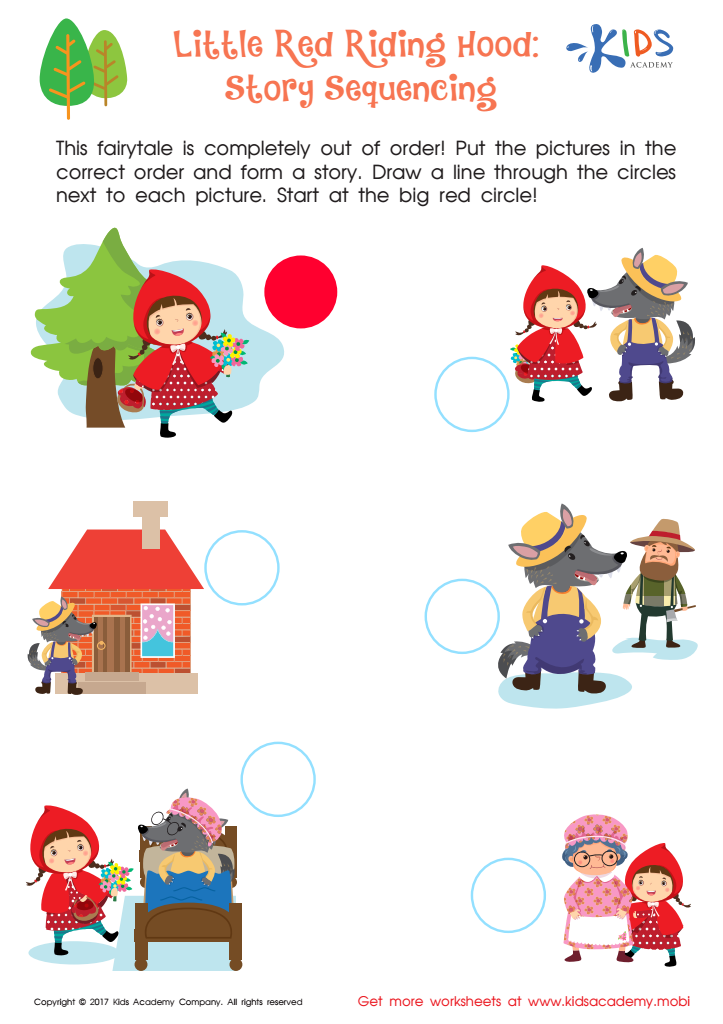

Story Sequencing Printable
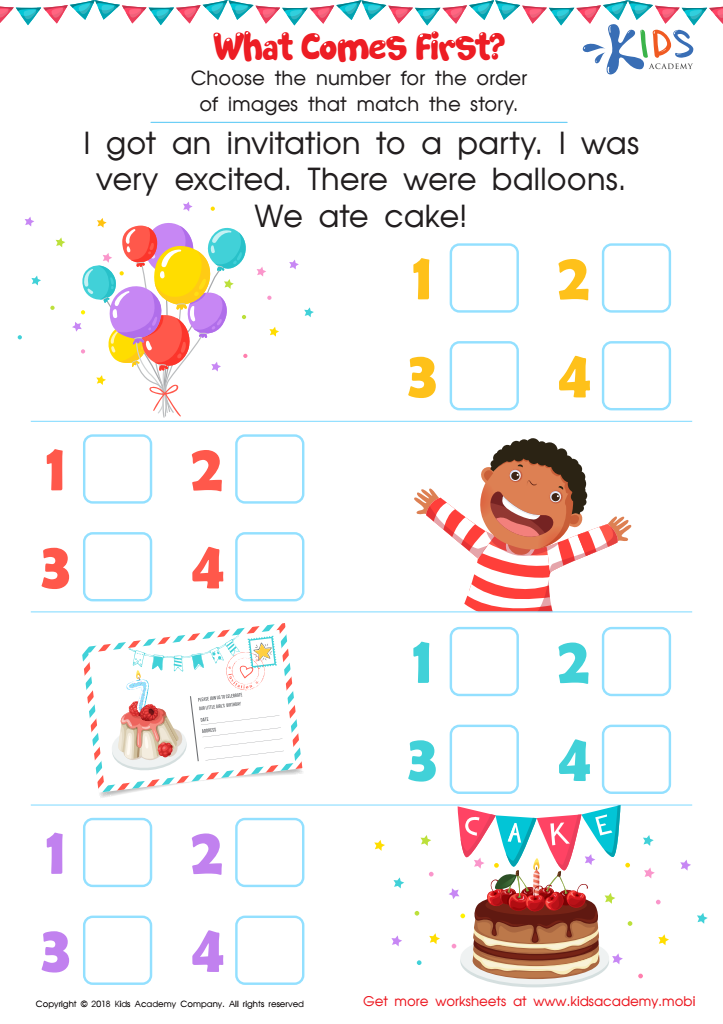

What Comes First Worksheet
Sequencing skills, the ability to understand and organize events in a logical order, are critical for children aged 4-6 and play a fundamental role in normal reading development. These skills empower young learners to make sense of stories, comprehend events, and predict outcomes, bolstering their overall reading comprehension. For parents and teachers, fostering sequencing skills should be a priority because it lays a solid foundation for future literacy and academic success.
Understanding the sequence of actions in a story helps children recognize the structure and flow of narratives, which aids in retaining information. As they practice identifying what happens first, next, and last, children develop a clearer understanding of cause and effect. This cognitive skill extends beyond reading; it supports logical thinking and problem-solving abilities, essential for all areas of learning.
Furthermore, sequencing skills improve children’s ability to follow instructions in classroom activities, contributing to better focus and discipline. Encouraging sequencing activities—like picture sequencing, retelling stories, or engaging in daily routines—enhances their vocabulary and expressive language. When parents and teachers emphasize sequencing skills, they offer children the tools to become proficient readers and effective communicators, setting them up for lifelong learning and success. Thus, prioritizing these skills in early childhood education is a pivotal step in supporting children's holistic development.
 Assign to My Students
Assign to My Students







